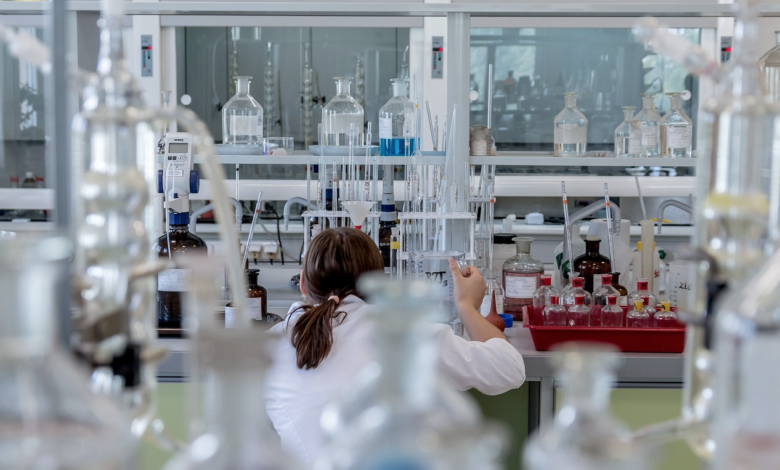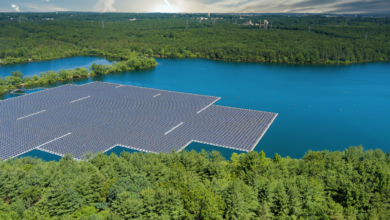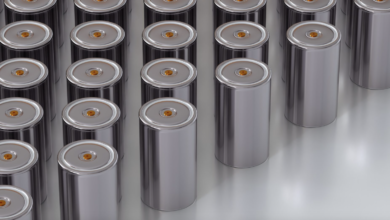New foods: hybrid rice enriched with animal proteins is tested

Will hybrid rice also be one of the foods of the future?
Hybrid rice enriched with animal proteins is the latest food trial, still far from being put on the market.
Hybrid rice to combat malnutrition
Rice is the most consumed food in Asia, even by poor people. The research of a group of scientists from the University of Yonsey in Seoul (South Korea) aims to create a rice enriched with animal fat and protein (respectively 7% and 9% per 100 grams of hybrid rice) to address the malnutrition problems facing many developing countries. Further uses are military and space missions.
A positive figure compared to cultivated meat, still too expensive, is the price: protein rice (about 2 dollars per kilo) is cheaper than beef (about 15 dollars per kilo). The hybrid rice, which is obtained by not exactly simple procedures, differs from the conventional one also with regard to the content of carbohydrates, minerals and vitamins. The methods of preparation are similar to those of conventional rice; it differs in color, which is pink, and taste, which resembles that of dried fruit.
The pink color is due to the nanocoating composed of fish jelly and bovine cells.
Why choose rice
As they explained in the research “Rice grains integrated with animal cells: A shortcut to a sustainable food system“ published in “Matter”, South Korean scientists chose rice for their experiments because it is considered a safe food as it has a low incidence of allergies. In addition, the porous structure of the rice grains lends itself well to act as a scaffold on which to grow animal cells and is suitable for cell culture in 3D.
From a strictly scientific point of view it would be more correct to define rice integrated with animal cells rather than hybrid rice. The genetic structure of rice is not changed. In a way, it’s the same problem as in vitro and not synthetic meat, because it starts from the collection of animal stem cells.
Alternative proteins from a fungus, the new food revolution?
Sustainable food, the great challenge of the future
However, regardless of the terminology, at the basis of everything there is always the problem of a population growing in an increasingly exhausted Planet: it is therefore impossible to achieve the sustainability of food systems. The demand for proteins is growing, but increasing livestock farming seems a suicidal choice: more farms are equivalent to more greenhouse gas emissions and the further increase in global warming.
It is clear, therefore, that scholars have the ultimate goal of finding a solution to the two major global future challenges.





